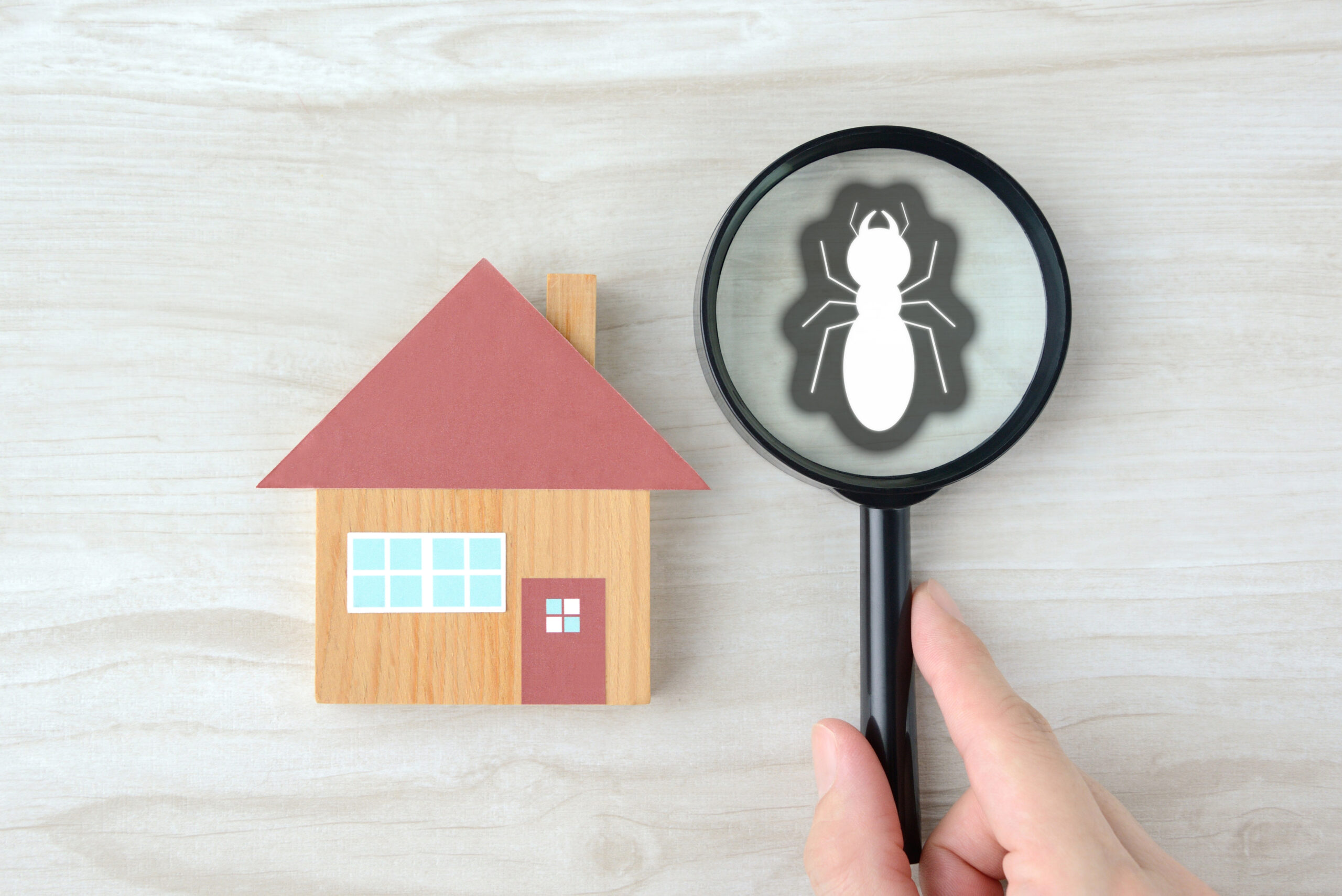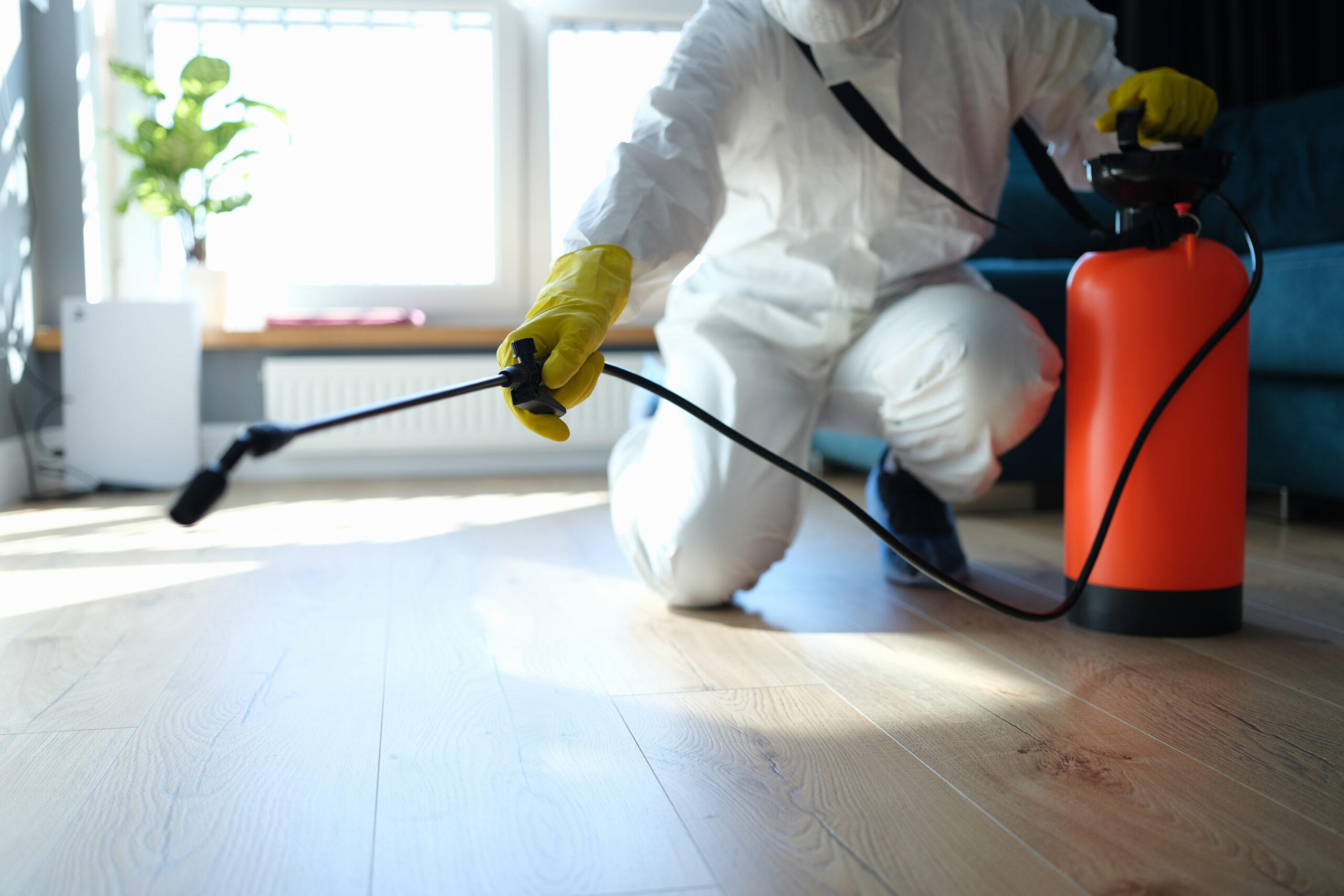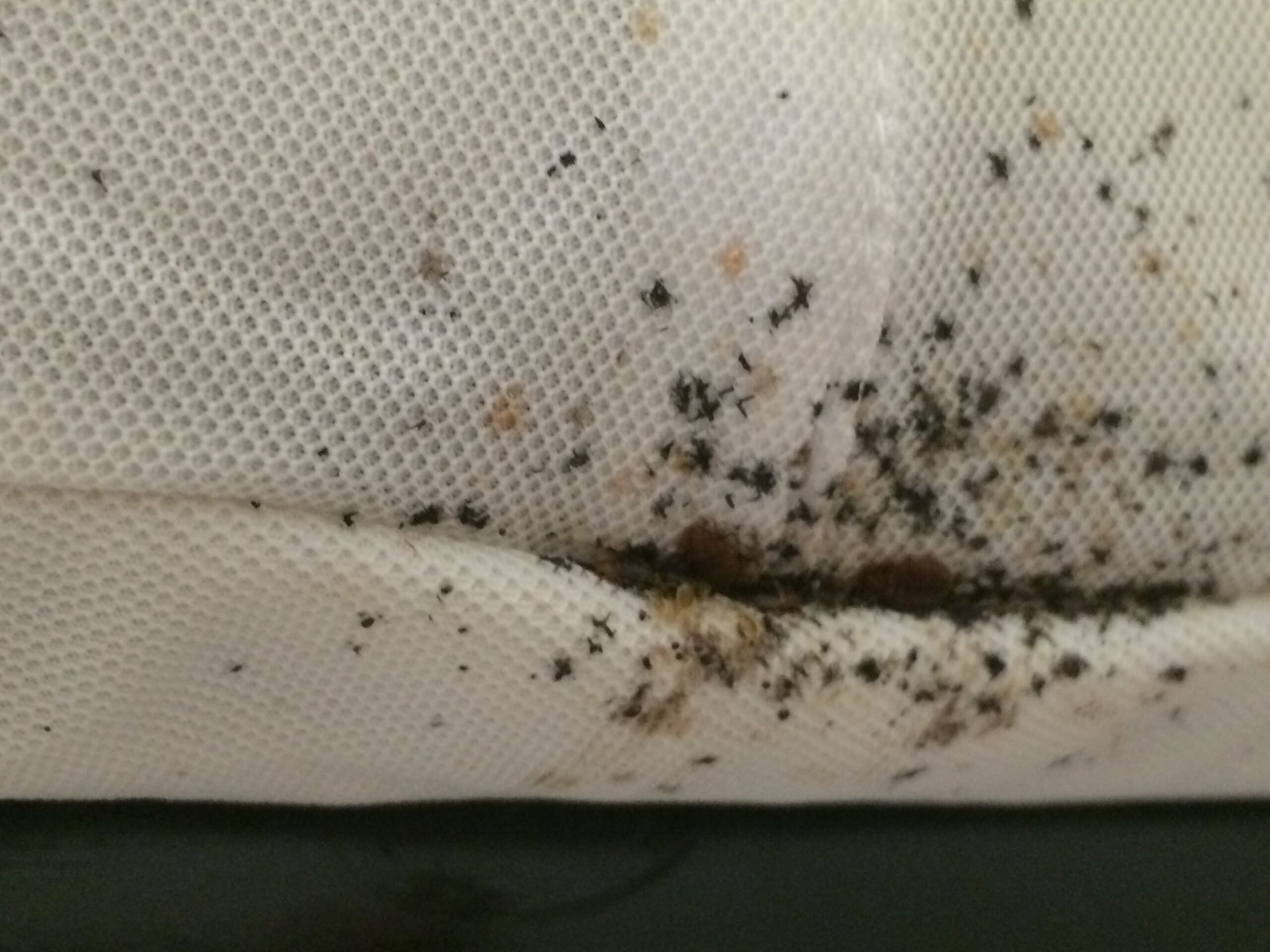When it comes to maintaining a pest-free home, one of the most common questions homeowners have is, “How frequently should I schedule pest control treatments?” The answer isn’t one-size-fits-all. Instead, the frequency of pest control treatments depends on a variety of factors that can be tailored to your home’s specific needs. Let’s delve into these factors, especially as they pertain to homes in Northern Ohio and Southeastern Michigan.
Climate and Seasonal Changes
In Northern Ohio and Southeastern Michigan, the climate plays a significant role in pest activity. The region experiences cold winters and warm, humid summers, creating a cyclical pattern of pest activity:
- Spring: As temperatures rise, pests like ants, spiders, and termites become more active. Spring is a crucial time for a comprehensive inspection and preventive treatment to stop infestations before they start.
- Summer: Warm weather attracts a variety of pests, including mosquitoes, wasps, and rodents. Monthly or bi-monthly treatments are often necessary to manage these seasonal invaders effectively.
- Fall: As temperatures drop, pests such as rodents and spiders seek shelter indoors. An early fall treatment can help create a barrier to keep these pests out.
- Winter: Although pest activity slows down, indoor pests like cockroaches, bed bugs, and rodents remain a concern. Quarterly treatments are generally sufficient to maintain control during the colder months.
Type of Pests
The specific pests you’re dealing with also influence how often you need treatments. For instance:
- Termites and Carpenter Ants: These wood-destroying insects require regular monitoring and treatment to prevent structural damage. Quarterly inspections and treatments are recommended.
- Rodents: Mice and rats can reproduce rapidly. Monthly treatments may be necessary if you have an ongoing rodent issue, especially in older homes with easy access points.
- Ants: These common pests, particularly in the spring and summer, often require bi-monthly treatments to keep them from invading your home.
- Bed Bugs: Infestations of these pests can be persistent and difficult to eradicate. Intensive initial treatments followed by regular monitoring and follow-up treatments are essential.
Home and Property Characteristics
Your home’s unique characteristics also determine pest control needs:
- Age and Condition: Older homes with cracks, gaps, and deteriorating wood are more prone to pest invasions. Regular inspections and treatments are crucial.
- Location: Homes near wooded areas, bodies of water, or open fields may experience higher pest activity and require more frequent treatments.
- Size of Property: Larger properties with extensive landscaping may harbor more pests, necessitating more regular treatments to manage the pest population effectively.
Lifestyle and Household Factors
Your household’s lifestyle can impact pest control frequency as well:
- Pets: Homes with pets may attract fleas, ticks, and other pests, requiring more frequent treatments.
- Food Storage and Waste Management: Improperly stored food and poor waste management can attract pests like ants, cockroaches, and rodents. Regular treatments can help manage these risks.
- Travel: Frequent travel can introduce new pests into your home, such as bedbugs. Regular inspections and treatments can help catch infestations early.
Tailored Pest Control
Determining the optimal pest control schedule for your home involves considering various factors, from seasonal changes and specific pest threats to the unique characteristics of your property and household. By understanding these factors, you can work with a professional pest control service to create a customized plan that keeps your home pest-free year-round.
For residents of Northern Ohio and Southeastern Michigan, Delving Pest Control offers expert pest and rodent control services tailored to your specific needs. Our experienced technicians understand the local pest landscape and are equipped to provide effective, timely treatments to protect your home. Contact Delving Pest Control today to schedule an inspection and develop a personalized pest control plan that ensures peace of mind and a pest-free home.








